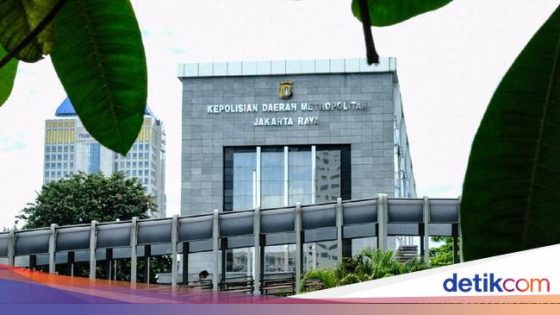Police are now closely monitoring rice milling operations in Indonesia to stabilize rice prices and ensure proper distribution. On February 16, 2025, this initiative was announced by Police Chief Commissioner General Wahyu Widada, emphasizing the importance of adhering to the Government Purchase Price (HPP) for rice.
- Police monitor rice milling operations closely
- Compliance with government purchase price emphasized
- Minister requests oversight for rice procurement
- Commitment to national food self-sufficiency stated
- Agreement to absorb 2.1 million tons of rice
- Potential poverty risks if prices decrease
Indonesia’s Police Take Action to Stabilize Rice Prices and Distribution
Why is the oversight of rice milling so crucial for Indonesia? The recent directive from the police aims to ensure that all rice mills comply with the established Government Purchase Price (HPP). This is vital for protecting farmers’ incomes and maintaining food security across the nation.
Key Measures to Ensure Compliance with Government Purchase Price (HPP)
The police’s daily monitoring of rice mills is a proactive step to enforce compliance with the HPP of Rp6,500 per kg. This initiative follows a request from the Minister of Agriculture, Andi Amran Sulaiman, to safeguard farmers’ livelihoods.
- Daily inspections of rice mills to ensure adherence to HPP.
- Collaboration with agricultural authorities to support local farmers.
- Commitment to achieving national food self-sufficiency.
- Monitoring to prevent price drops that could harm farmers.
Impact of Price Monitoring on Farmers and Food Security
The government’s efforts to maintain the HPP are crucial for the welfare of farmers in Indonesia. By ensuring that prices do not fall below the set rate, the police are helping to prevent poverty and economic loss among agricultural workers. This initiative is also aligned with President Prabowo Subianto’s vision for food self-sufficiency, which is essential for national stability.
Collaboration Between Government and Rice Mill Operators
Recent agreements between the government and rice mill operators aim to absorb 2.1 million tons of rice from farmers. This collaboration is vital for meeting the national harvest target of 3 million tons. By securing these agreements, the government can ensure a steady income for farmers and bolster the country’s food supply.































